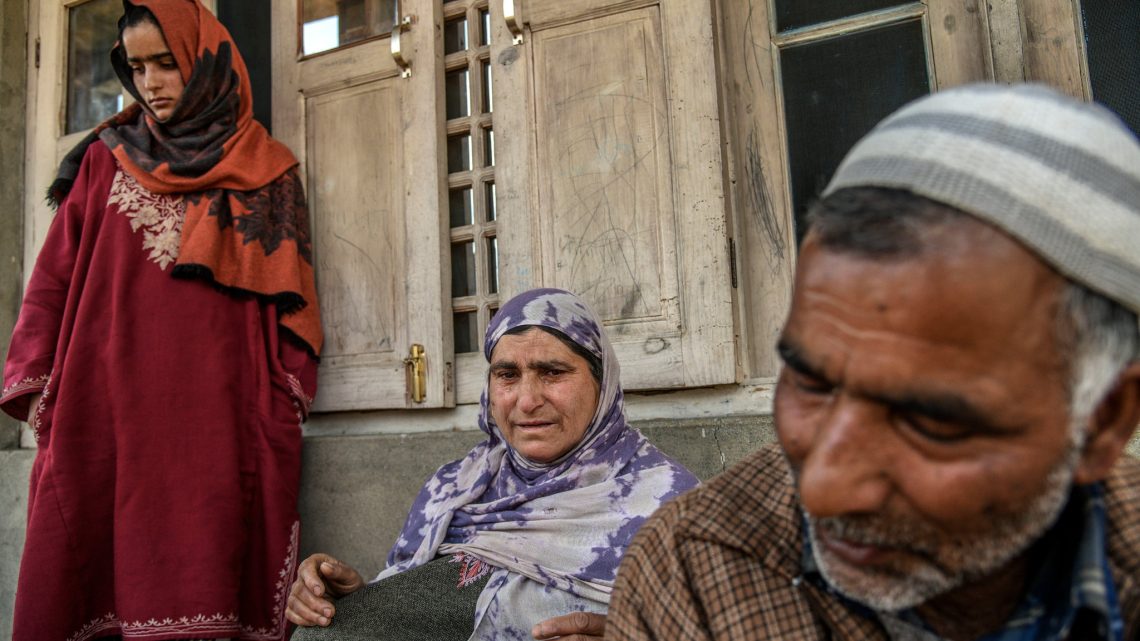
Mental Health Crisis in IIOJK: A Dire Warning
October 11, 2024In a shocking disclosure aligned with World Mental Health Day, reports indicate that over one hundred thousand people in Indian illegally occupied Jammu and Kashmir (IIOJK) are dealing with severe mental health issues.
The situation has worsened drastically due to escalating Indian state terrorism in IIOJK. The number of mental health patients has surged since the Modi government revoked the region’s special status on August 5, 2019.
Ongoing abuses by Indian troops—such as beatings, torture, arbitrary arrests, and extrajudicial killings—have inflicted deep psychological scars on the local populace. The reports highlight that these heinous actions have severely damaged the community’s mental health.
The issue of enforced disappearances is another grim reality, with more than 10,000 individuals reported missing over the last 35 years. Although primarily affecting men, these disappearances have devastating effects on families, leaving women—mothers, sisters, and wives—struggling in silence.
Medical professionals in IIOJK are alarmed by the mental health crisis, which they believe surpasses global averages. The ongoing conflict, economic turmoil, and harsh climatic conditions all contribute to this escalating problem.
Dr. Zoya Mir, a leading clinical psychologist, stresses the urgent need to tackle mental health challenges among adolescents and young adults. She highlights alarming trends, including academic decline, social isolation, anxiety, depression, and substance abuse—issues worsened by continuous violence and instability.
Dr. Javaid Ahmad, a psychiatrist at District Hospital Shopian, reports a rising prevalence of mental disorders like depression, anxiety, and bipolar disorder during these trying times. He advocates for a collective effort to dismantle the stigma surrounding mental health, calling for increased awareness and proactive treatment-seeking behaviors.
Both doctors assert the necessity of a compassionate approach to mental health care. They demand the establishment of supportive environments that nurture healthy lifestyles and enhance overall well-being.
The grim realities of IIOJK’s mental health crisis cannot be ignored. With state-sanctioned violence leading to profound psychological distress, urgent action is imperative. The ongoing oppression by Indian troops not only threatens lives but also cripples the mental health of future generations.
As the international community watches in silence, it’s crucial for Kashmiri voices to be amplified. The mental health crisis is a direct consequence of systemic abuse and oppression, requiring immediate intervention and sustained support.
Without concerted efforts, the psychological toll will only continue to escalate. The people of IIOJK deserve better than this upsetting fate—it’s time for the world to acknowledge their suffering and demand justice.

